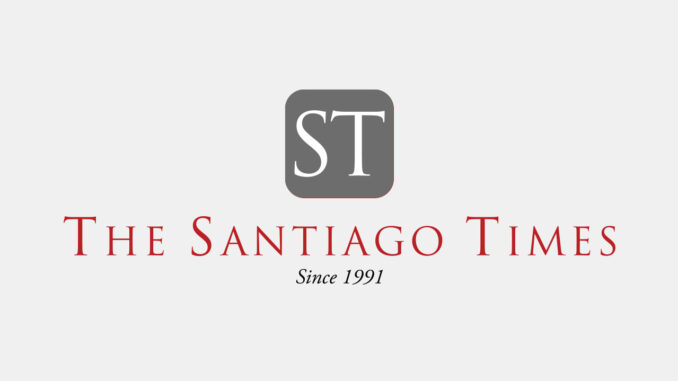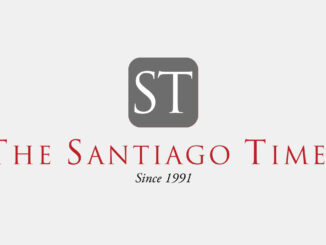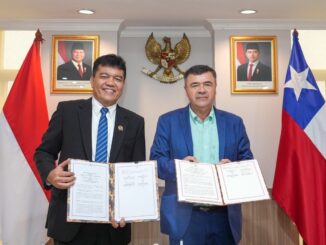
ALBUQUERQUE, New Mexico – The Pontificia Universidad Católica de Chile’s SaviaLab has been recognized for innovative use of technology to increase diversity in engineering education.
The diversity initiative, which seeks to bridge the gap of opportunity by offering science, technology, engineering and mathematics (STEM) outreach education to indigenous minorities and young people in rural areas across Chile, has been selected as the winner of the 2018 Airbus GEDC Diversity Award.
https://twitter.com/AirbusCareers/status/1062551501091016710
Since 2014, the initiative has introduced over 3,300 students from 7 regions to potential STEM career paths. This educational ‘pre-engineering’ programme empowers others with concrete technology and innovation tools. The impact goes beyond the rural minorities to the university’s own students that represent minorities themselves.
The three finalist projects – NASA Swarmathon from the University of New Mexico, USA, SaviaLab from Pontificia Universidad Católica de Chile, and iSTEAM Underwater Robot Competition from Hong Kong University of Science and Technology – presented their diversity initiative to a Jury of industry experts and distinguished guests at the WEEF-GEDC 2018 conference – the largest engineering education gathering in the world – in Albuquerque, New Mexico, USA.
2018 AIRBUS GEDC DIVERSITY AWARD JURY
- Jean-Brice Dumont, Executive Vice President Engineering, Airbus Commercial Aircraft; Patron of the Airbus GEDC Diversity Award
- Natacha DePaola, Carol and Ed Kaplan Armour Dean of Engineering; Professor of Biomedical Engineering, Illinois Institute of Technology in Chicago, Illinois, USA; GEDC Chair
- Marie Paule Roudil, Director of the UNESCO Liaison Office, New York
- Professor Theo Andrew, Executive Dean, Durban University of Technology, South Africa
- Amanda Simpson, Vice President for Research and Technology, Airbus Americas
- Şirin Tekinay, Vice Rector for Research and Development at Sabanci University, Turkey
This global award is administered by Airbus, the Global Engineering Deans Council (GEDC) and the United Nations Educational, Scientific and Cultural Organization (UNESCO).
Since Airbus launched the award in 2012, 198 entries representing 140 institutions from 37 countries have been submitted. For the 2018 edition, 39 entries were received from 19 countries. From the 18 finalist projects recognised in the first six years of the award alone, over 125,000 students who otherwise may not have chosen engineering have been directly impacted.



